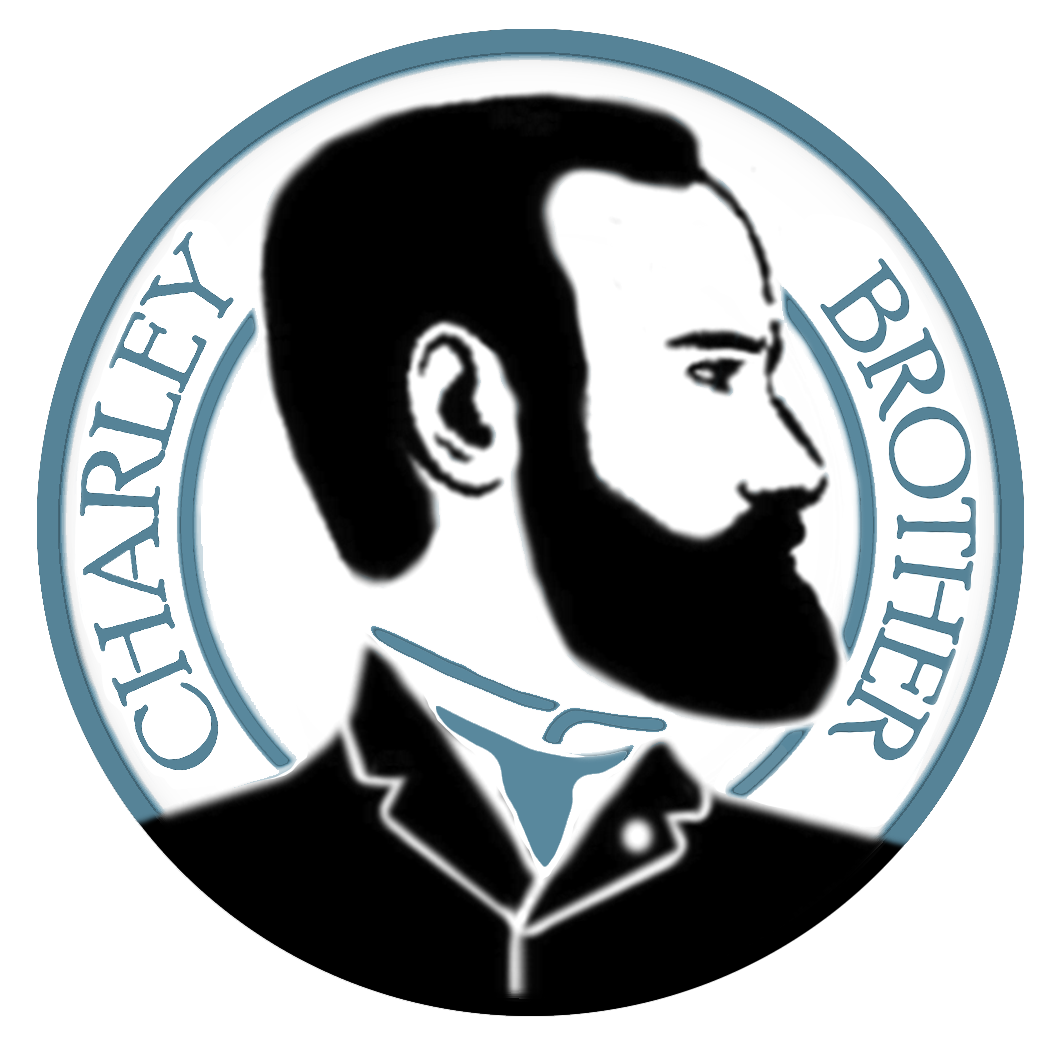Wedding at the Fireplace
In September 1826 the parents of Civil War Marine Charles Brother were married at the home of Ira Pratt, located at 22 West Morris Street in Bath, New York.
Mary Ann Pratt was 18 and her groom, Henry, was 25. They said their vows at the fireplace.
Guests included Col. William Howell Bull and Gen. Otto F. Marshall, who later became a state assemblyman. These men were experts with husbandry, the proper feeding of land, the community, their flock, and each other. They also were right with the schedule. Sheep needed regular feeding. Sunday was a day of worship. Days were tight. So were friends. Trust was more of a natural resource than hay, lumber, or wheat.
Before cake, the bride and her maids gathered in her childhood bedroom. They tugged at her corset, commanding her to suck it in, but all she heard was to suck it up, this notion that her groom was partnering with Dudley and that Dudley was clever and an expert at planning for expansion to Buffalo to connect with the Erie Canal. With each tug at her waist her eyes shot to the landmarks outside of her window. The school, the church steeple, the courthouse. The hills. The people she’d miss, the loss of friends, hope, meaning, and air. She shut her eyes.
After cake, Henry joined the men on the porch. Dudley handed him a cigar. Gen. Marshall and Col. Bull were debating honey, its proper ventilation. Then, without taking a breath, they switched to the business of sheep, keeping feed scraps dry and the joy and regiment of salt.
Henry, taking a deep breath, let his mind cracked up about of proper ventilation, in general.
What about the proper care and feeding of his girl, a safe home and carriage, good water, dresses, her craft, servants, and friends and experts close at hand, including those in the assembly, who saw what was coming?
He went back into the house, letting the screen slam, to tell his girl, who wanted to smile and kiss him, but could only get out a cry for help to loosen her back ties.
The Practical Shepherd: A Complete Treatise on the Breeding, Management and Diseases of Sheep
by Henry Stephens Randall, 1863


